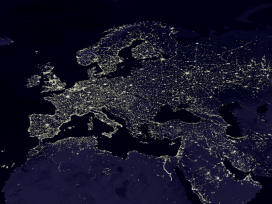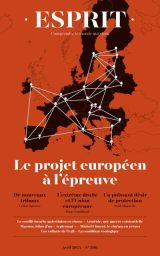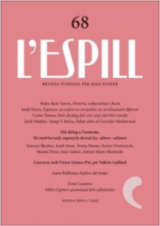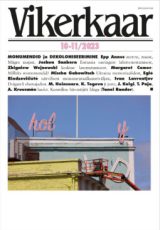
The gilets jaunes belong to an integrated but invisible middle class whose grievances are centred on the increasing unaffordability of their commuter lifestyle. The protests highlight Emmanuel Macron’s failure to form a consensus, but by rejecting engagement with the political system the gilets jaunes themselves fail to offer a way out of the democratic crisis.








